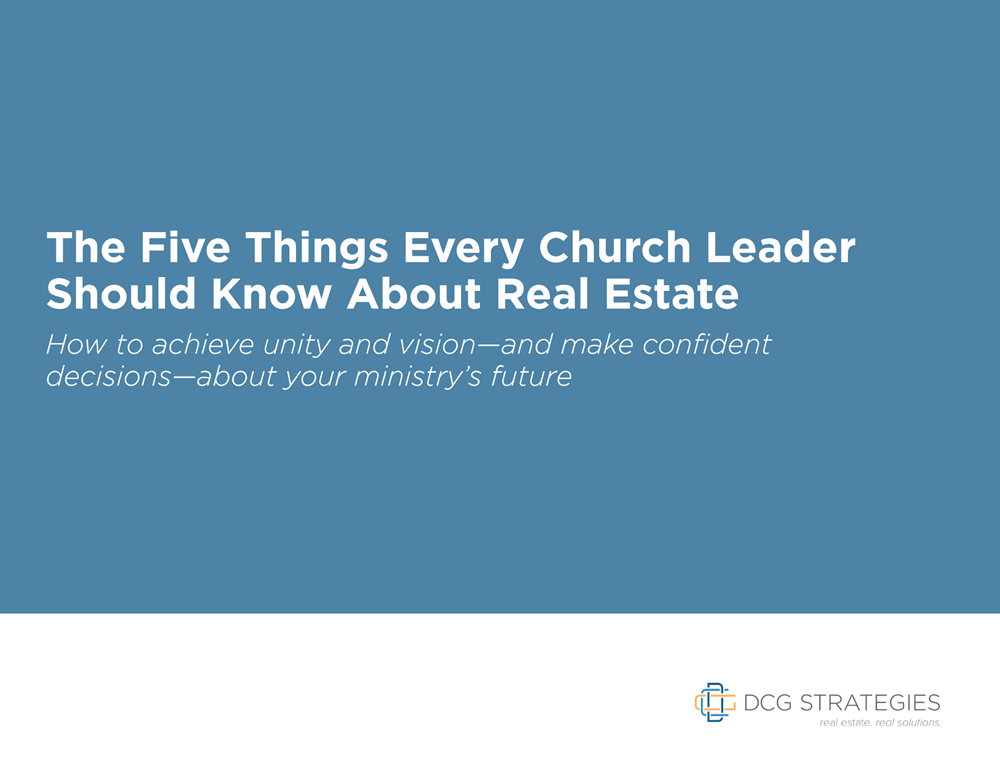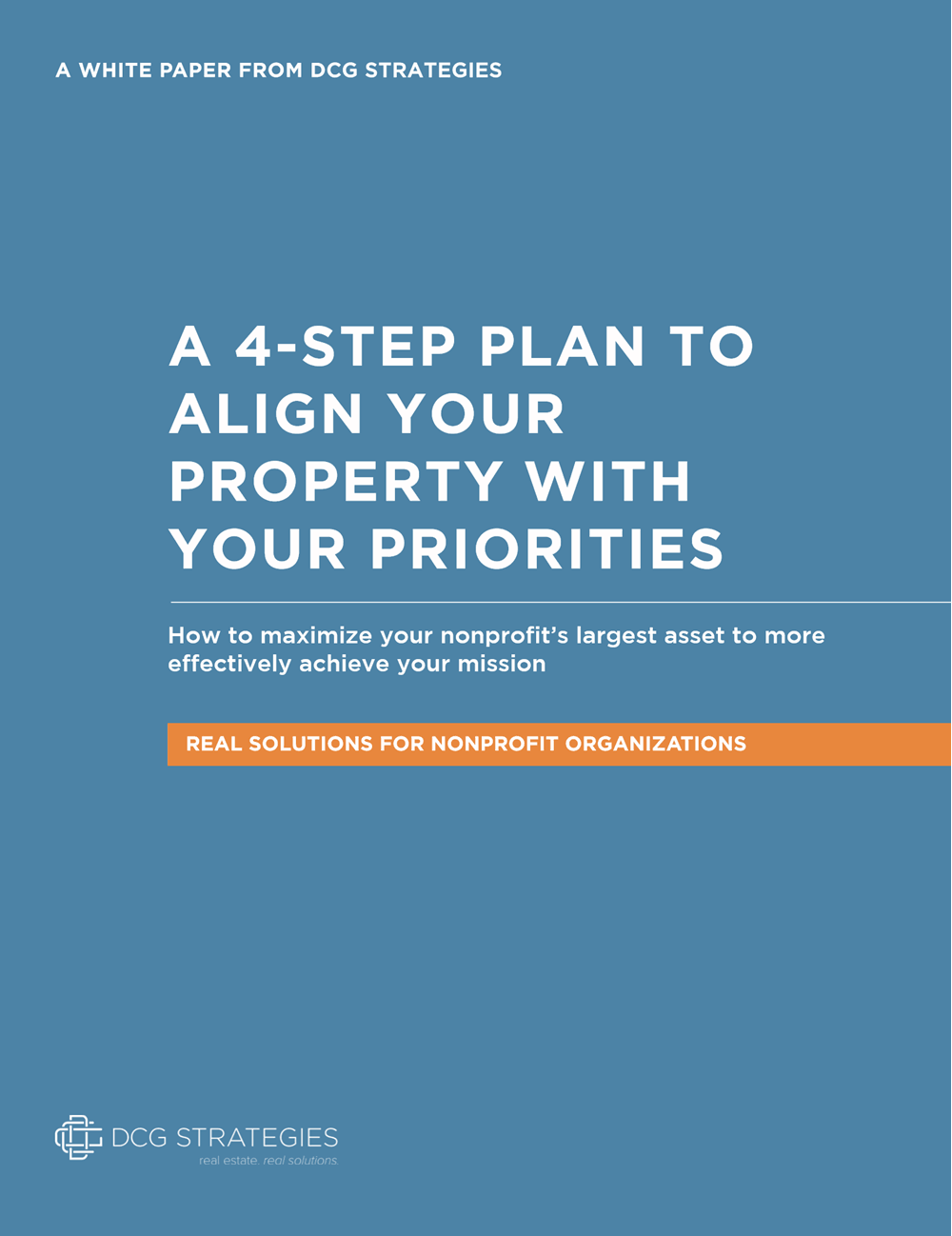If your church is struggling to keep its congregants — due to high housing costs in your community or other issues — it might be time to assess whether you’re using your church building efficiently and find new ways to make money with your church property. If not, consider leasing unused spaces to an outside business or community group. Becoming a landlord is often an unfamiliar prospect to church leadership, but renting out space can be an excellent way of keeping church finances healthy while serving the community.
Jamil Muchell, Broker Services Manager at DCG Strategies, has worked with many churches going through the process of finding tenants and working out a contract. He says church leadership isn’t always aware of everything that needs to be considered, so doing research and planning ahead is important. “It’s all interconnected,” he says. “If small decisions aren’t made correctly on the front end, down the line they’ll become a problem.” Here are his tips for making money with your church property by renting out underused space.

Check Your Finances
Make sure you’re keeping balanced finances and have enough reserved funds to cover potentially costly upkeep in the future. Often churches will consider leasing space, but only after several years of falling behind on income needed for operations and building maintenance. By confronting the problem sooner rather than later, you can avoid unnecessary stress and risk and find immediate ways to make money with your church property.
Define Shared Use
Are you renting out a part of one building, or a whole property? Study when and how often church members and groups use particular spaces. That way, you’ll be able to clearly communicate with future tenants if, for instance, you’ll need access to a seasonal storage closet in their space around Christmastime. Being organized and providing this information upfront will avoid misunderstandings later.
Consider The Tax Impact
Do your homework and be discerning when selecting a tenant. Are they for-profit or nonprofit? Some daycares, for example, operate as nonprofits, but others are for-profit businesses. Renting to a for-profit business might cause you to lose tax-exempt status for that portion of the building, and compromise your plan to make money with your church property. If you do choose a for-profit tenant, it is your church’s responsibility to inform the city or county of the change and provide documentation showing the division of space. Taxes will then be levied for the percentage of the building used by the tenant.

Document Your Decision
Church leadership structures can vary, but it’s usually not up to just one person to decide what to do with the building. Once a group decision is made on how to make money with your church property, draw up a corporate resolution to show that leadership has approved leasing the space. This should be kept on file as an internal document for future reference.
Check Licenses And Insurance
Churches should require any tenants to provide proof of insurance showing that the church is added as an insured property. Failure to do this means the church could be liable for any accidents that occur on the property, even if the accident has nothing to do with the church itself. Likewise, be sure the business you’re renting to has the proper license in place (for instance, to run a preschool). Protecting your church and its assets this way is of utmost importance.
Get more tips on how to make money with your church property and renting your space here. It’s always a good idea to consult a professional to help work out any other considerations that might be specific to your church. DCG Strategies has lots of experience helping church communities maximize their resources — contact us for a consultation.






